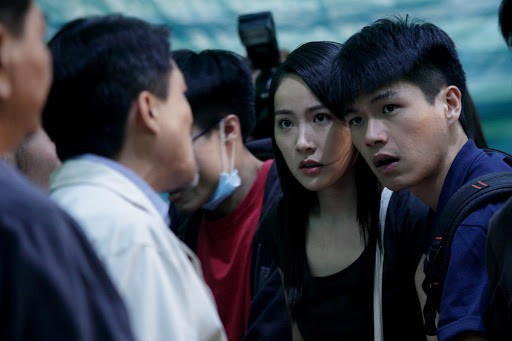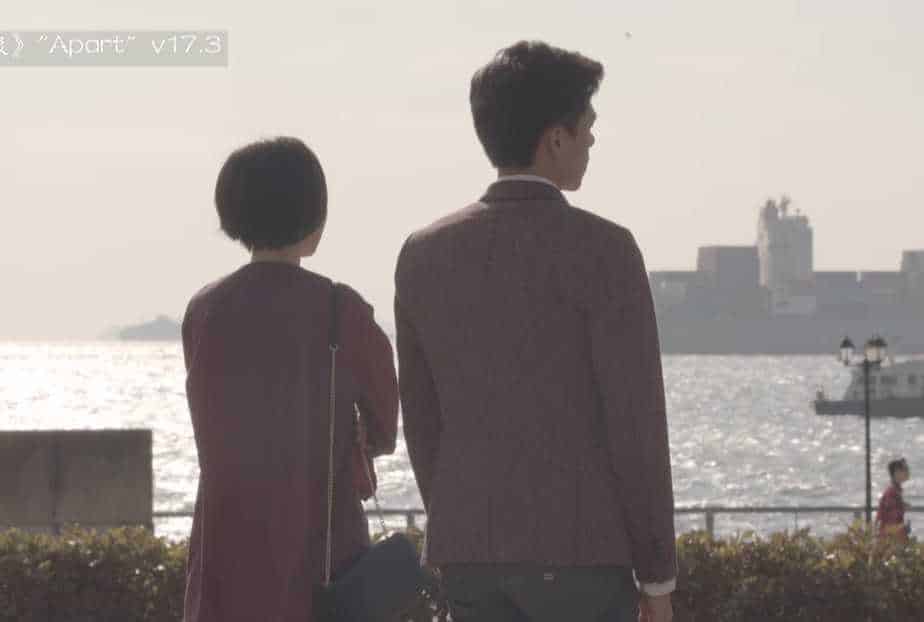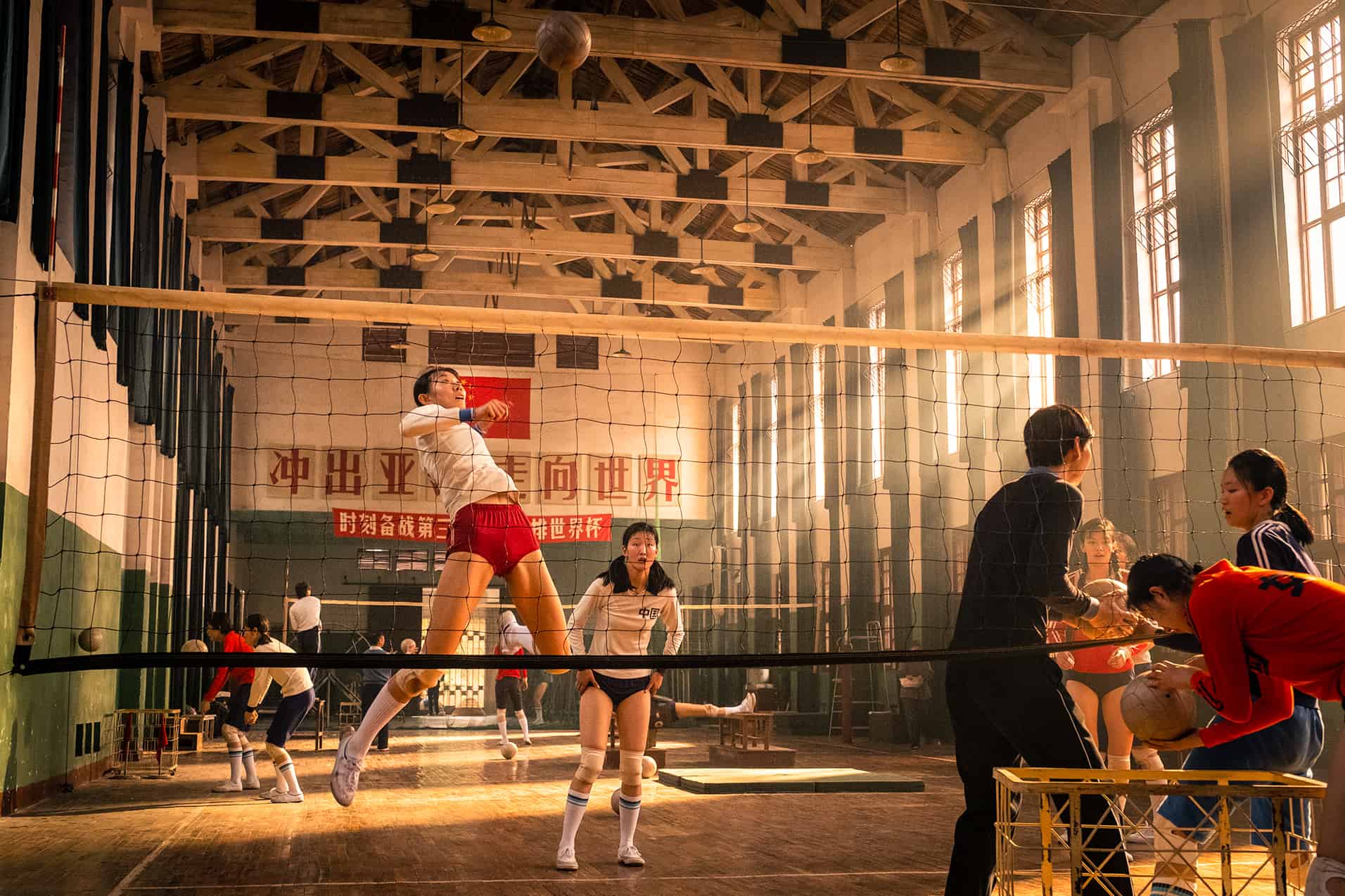For the rest of the world China may still be one of the many success stories in terms of its economy, but the image is slowly crumbling. With the current Coronavirus-epidemic perhaps irreparably damaging Chinese economy, there is also the growing gap between the world of politics and the public, which was perhaps best demonstrated in the discussions and riots ignited by the controversial Extradition Bill. In the face of these events, it is also the image of China to its citizens that has changed over the years, especially with a generation who has experienced these events and now has to find its place within their home country.
“Apart” is screening at Osaka Asian Film Festival

In his new feature, Chinese director and actor Chitman Chan follows the life of Maryanne and Yin. Both are a couple and dedicated advocates for transparent elections during the 2014 student protests, but as the demonstrations grow increasingly violent, with many of their friends being targeted by the police and some of them urging for a more radical way of making their voices hears, there is also some friction between the two lovers. While Maryanne wants to continue fighting for her beliefs, Yin's connection to the protesters is strongly opposed by his family, all of which are businessmen complaining about how the student demonstrations are destroying their business.
Five years later, at the time of the demonstrations revolving the Extradition Bill, Yin, now a successful computer engineer, and Maryanne, who became a lawyer opposing the government, meet again. Even though their ideals in life have not changed along with their responsibilities, both of them cannot deny their feelings for the other.

As its title already indicates, director Chitman Chan has made a film about the current chasms within Chinese society. Through the various jumps between the 2014 and 2019, what holds the film together are especially the two central performances by Will Or and Sofiee Ng as Maryanne and Yin, two very likable characters for their honest beliefs and their struggles to maintain them despite continuous pressure from their families, their friends and, most of all, themselves. While Yin shows the strive towards career, self-fulfillment and economic success, Maryanne may be seen as the vision for a China that may be more future-oriented and serving its people. Through the narrative scaffolding of the romance between the two, Chan emphasizes how both notions have defined the character of a nation while also driving it apart.
In terms of visuals, the film also relies on a strong feeling of authenticity. With the support of actual footage from both events along with much attention to detail, for example, the small pavilion or the cafes the students meet, Chan manages to re-create a believable vision of the events, as well as the urgency and commitment driving the characters, sometimes even radicalizing them. Additionally, the film often plays with oppositions, most notably in the scenes involving the students and the police, but also within a more private environment, for example, when Yin's family gathers for a private party.
In the end, “Apart” is an interesting film that works as a love story, but is truly great when it shows the growing chasm within the Chinese youth. Chitman Chan, through the characters he has created, seems to pose a question about the future of his home country, whether there will be an endless cycle ripping people and generations apart or whether there may be a lasting change, a hopeful vision for everyone.















